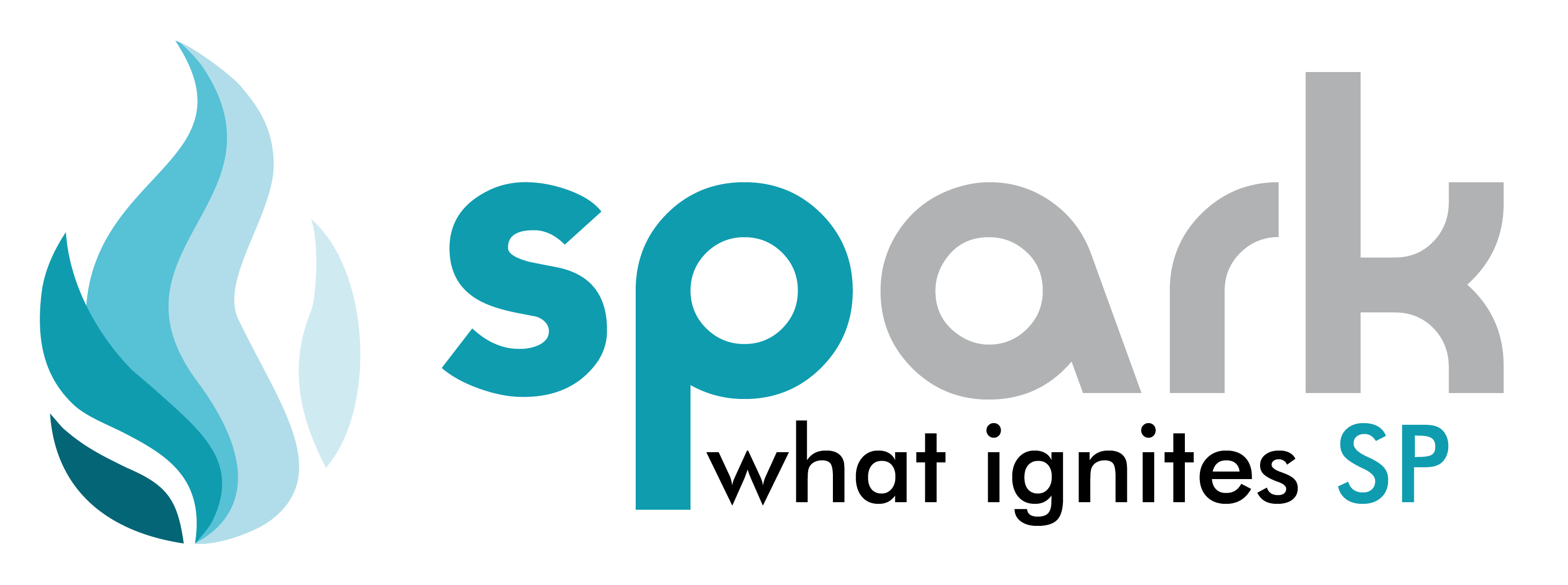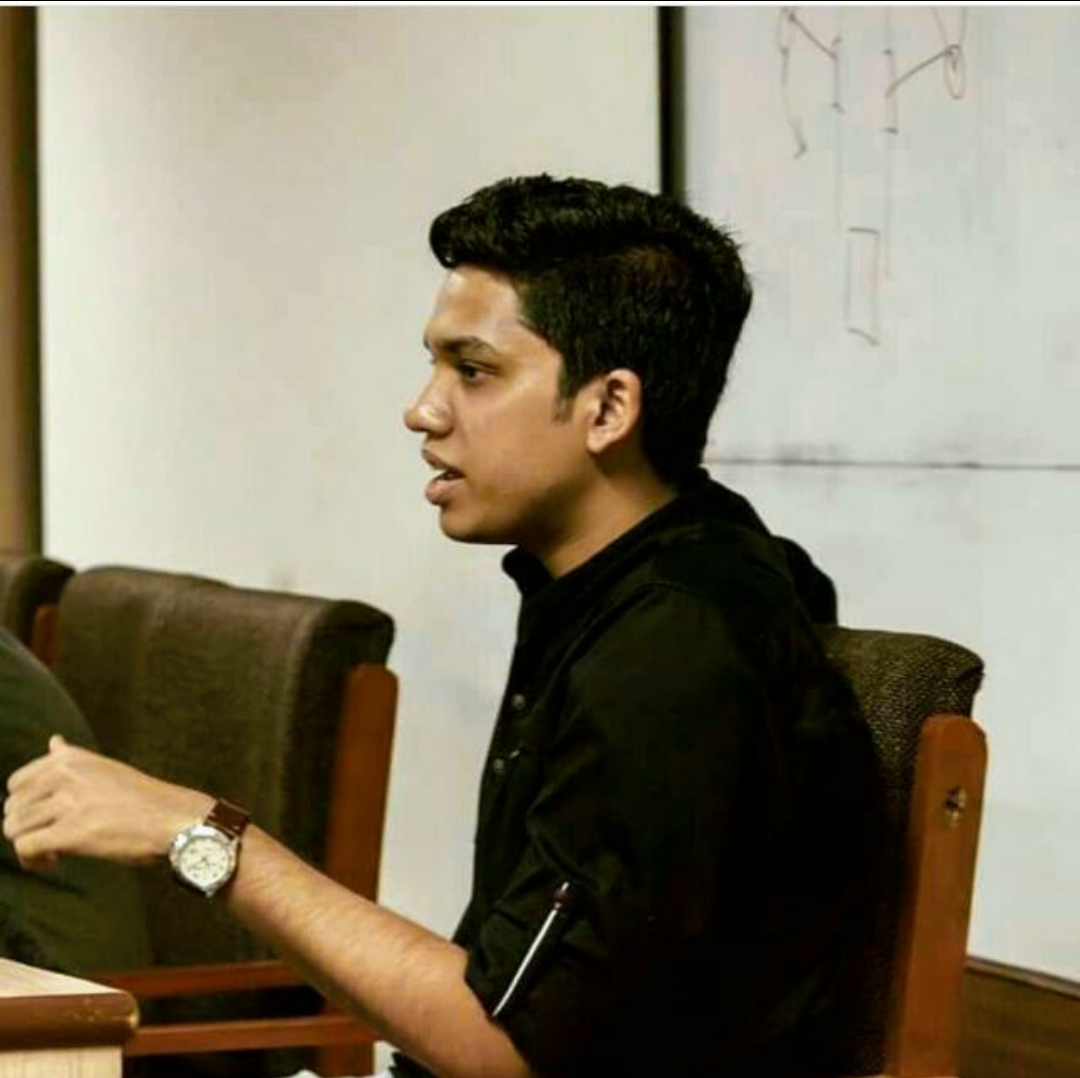Alumni: Aditya Menon
Aditya Menon graduated in Electronics and Telecommunications branch from Sardar Patel Institute of Technology in the Year 2016. He has interned at IBM and FIMMDA and is currently working at JP Morgan. He has answered our queries to help us traverse the path that lies ahead.
Q.1) You graduated with an Electronics and Communications degree from SPIT and are now working in the Finance sector. Given that you had an Electronics background, how did you hone such skills related to Finance?
Ans –I believe the thing that helped me the most was that I realized pretty early (probably by the second year) that I was more interested in managing businesses than playing around with BJTs.
I started with some online courses on management related topics and managed to complete around 20 by the end of the fourth year. This helped me gain a broad idea of the subjects and reinforce my belief that I was working towards something I was really interested in.
What most people don’t tell you is how important the GPA is. Although it is not what wins the race, that’s something that could make you lose it. The idea is to have a decent enough GPA to pass through the first round of filters.
Q.2) You have previously interned at IBM and FIMMDA. What are the necessary skills required for students to land internships at such prestigious firms?
Ans –I guess what the firms really look for is if one is interested in the field of finance and is taking the right steps/approach towards it. They realize that as an Engineer one can’t know the complex details, but what’s required is a broad understanding of the subject.
Q.3) You were the GenSec of E-cell and Marketing Head of Udaan. Are there any special memories you’d like to share with us about those days?
Ans-E-Cell gave me a great exposure to managing a team at a very basic level. I believe all the things we managed to do, one really stood out:
Partnerships with the industry and management institutes (like SP Jain) which helps combine their management experience with the technical skills that we as engineering students have. This has only grown from strength to strength over the years and I am positive that it will lead to some great products/services being launched by students from our college in the future.
Marketing at Udaan taught me two important lessons – never overpromise your clients and make sure you own the execution and not just the marketing aspect of the deal. We had managed to get really good sponsorships via the food stalls, but the students somehow didn’t turn up in the numbers we promised. I believe that was probably because we didn’t see the execution through.
Q.4) You were selected for the YLP program of ISB. How is it different from getting admitted to an MBA school after college? For those interested in pursuing Management, would you encourage them to go for it?
Ans-It just provides you with a launchpad to “go do”. Once, you know you have been admitted into one of the better MBA institutes in the country, you can basically concentrate on other things which help you grow personally and professionally.
For instance, it helped me focus on my interviews for the firm that I really wanted to get into in the first place and concentrate on working towards the CFA charter which might not have been the case had I been preparing for other MBA entrance exams like CAT once I started with my job.
I highly encourage the students who are inclined towards the management side of things to apply for such programs. In fact, there are some who applied this year and have gotten in at ISB.
I am always open to helping fellow SPITians put the best foot forward in this effort. One thing, I found challenging when I was applying was that there were very few from our college who had got in at ISB via YLP (most of the support I got was from Madhavi ma’am who was an excellent mentor and a great sounding board). I hope to change that in the small way I can by keep helping the others who plan to apply in the coming years.
Q.5) You founded a campus company named “The Book Brigade” and received Entrepreneur of the Year 2013-14 from E-cell. What was your company about and how did you come up with this idea?
Ans-The way we came up with the idea was quite interesting – my friends (3 of my classmates) and I used to borrow each other’s books as we found that individually we didn’t have a lot. So, we thought if each of the 1000 odd students could list 5 books each they were ready to lend, we had a huge collection of almost 5000 books. Basically, no one would ever have to buy books again!
We then participated in a competition that was organized by the National Entrepreneurship Network and ended up winning the competition. Although we had been running a pilot in our class, the following semester we launched it college-wide.
The whole process did give me a flavour of entrepreneurship which I believe is something that I would certainly try again provided I meet the right people and have a great idea.
Q.6) You did a project named Game Theoretic Optimization of Spectrum Sensing in Cognitive Radio (Software Defined Radio) and published a paper on the same which won the best Conference paper award in the IEEE Pune section. That’s quite an achievement. Could you discuss some valuable insights that you gained from this journey, that would help our current batch of students who wish to accomplish the same?
Ans-What I learned from the whole process are two things:
- You need to have the right mentor – Sukanya ma’am gave us the freedom to try something different and created an environment in which we really wanted to work on the projects (unlike few of the other professors in my branch)
- You need to have the right group – By this, I do not mean people who are the most technically oriented. What is most important is to have people whom you trust and each of whom brings a different set of skill sets to the table.
We chose a project which we were genuinely interested in. The presentation went well, and we were lucky enough to win that competition and get the paper published.
Q.7) Do you use any of your graduate training in your work? If so, then how?
Ans –To be very honest, I don’t. But, I do believe Engineering does help build the analytical skills (as cliched as it sounds) which help in the everyday work that I do (as Investment Banking for its most part is based on logic).
Q.8) How has life changed after college? How difficult was the transition?
Ans-Well, one major change is that you get paid in cash and not samosas and sandwiches for the efforts you put in!
But jokes aside, one of the major changes has been the fact that there is a lot more accountability as the things we do at work ultimately matter not just to us but also the firm.
The transition wasn’t difficult, but it did take time as there is always a steep learning curve especially when you move into core finance from a technical background.
Q.9) Looking ahead, what are your plans for the future?
Ans- I genuinely have no idea on what I’ll eventually end up doing, but as Gary Vaynerchuk (someone who is an inspiration), puts it -” I hope to win the right way with the right intent and actions.”

